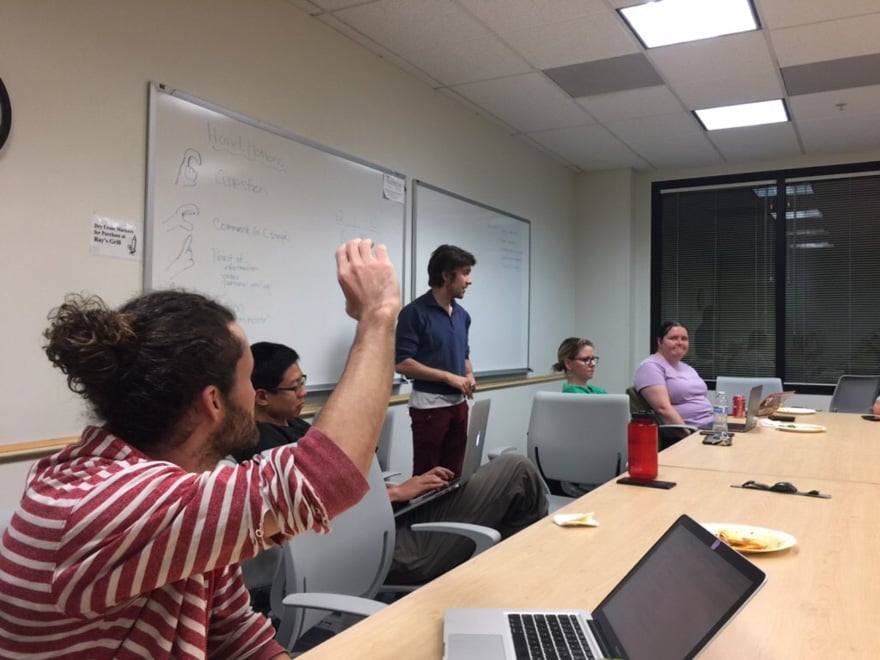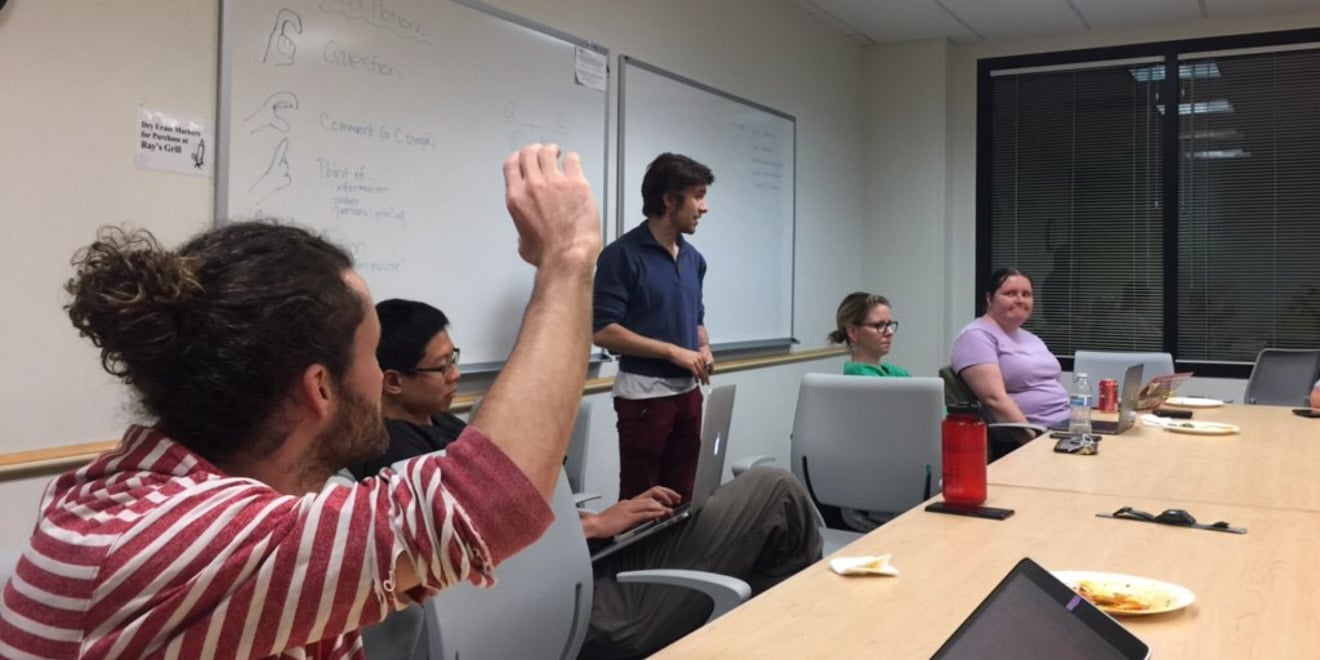In its first meeting back from Thanksgiving break, the Graduate Student Council (GSC) discussed a bill that would call on Stanford to increase transparency in its investments.
The bill, proposed by TAPS Ph.D. candidate Kari Barclay, originated in response to news reports that Stanford and many other universities use offshore investments in “blocker corporations,” something University leadership has acknowledged as a strategy to save on taxes.
“It’s upsetting that we’re just learning about [some investments] through leaks and exposés,” Barclay remarked, referring to Stanford’s investment in the blocker companies.

The Council considered a signature campaign for the bill and discussed how to optimally garner support from the broader community. One Council member brought up that Stanford’s filed tax returns are publicly available and that information about investments may be available in the document. After proposing possible improvements, the Council resolved to vote on the bill at next week’s meeting.
The GSC also discussed an initiative to increase visibility of Council-funded events for the graduate community. Options included a Facebook page and weekly emails. Council member Melanie Malinas, a Ph.D. candidate in biophysics, proposed that, instead of extra programs, the Council should simply encourage students to sync the GSC calendar with their own.
Co-chair Rosie Nelson, a Ph.D. candidate in the School of Education, shared information from a recent Graduate Housing Advisory Committee she attended. Nelson reported that about 10 percent of 5-SURE callers were graduate students – more than expected, she said. The program, which provides students free rides around campus at night to promote safety, is looking to expand next year to accommodate increasing demand.
Nelson also raised the question of increasing awareness about resources for sexual-assault related issues — such as SARA and the Title IX Office — available to graduate students.
Other issues the GSC covered included increasing awareness of alternative healthcare options such as “express care” and “urgent care” as well as supporting increasing the public comment window on a county environmental report related to Stanford’s expansion plans. Finally, the GSC discussed a new procedure for submitting bills and requests ahead of committee session.
Contact Sean Chen at kxsean’at’stanford.edu.
